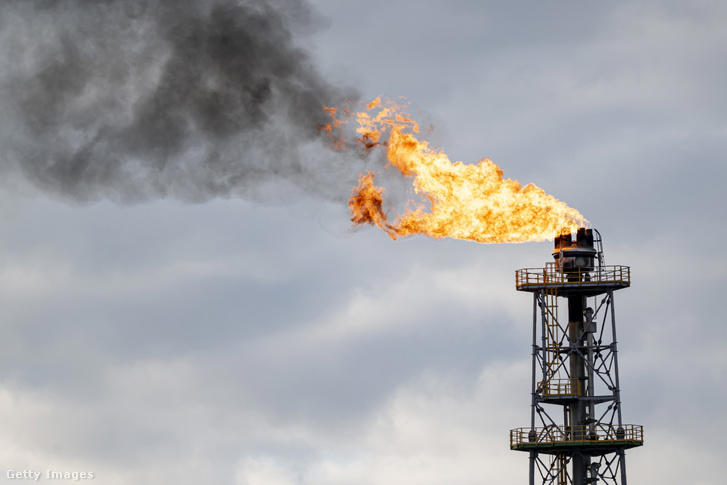
A Russian businessman who has been hit with EU sanctions over Russia’s war with the Ukraine has a Maltese passport, the Financial Times in the UK reports.
It says that Albert Avdolyan had received the passport in 2015, and that he owns coal and gas companies in Russia. It reports that the sanctions listings note he is “closely associated” with weapons giant Rostec. It also reports that he can partially circumvent the EU’s travel ban thanks to the Maltese passport he bought.
It says that he is one of seven who had received citizenship by Malta, and who were later hit with sanctions by the EU, US or Ukraine over the war.
At least one of the passports has subsequently been revoked, the Financial Times says.
The Financial Times reports that that they are among a group of 16 who paid for Maltese citizenship despite being politically exposed persons, or who were convicted of crimes or who appeared later on sanctions lists. It states that the Maltese government did not respond to a request for comment.
Malta’s citizenship-by-investment scheme – which is nicknamed as a ‘golden passport’ scheme – was introduced in 2014 under the moniker of the Individual Investor Programme, with the ultra-wealthy being able to buy Maltese citizenship for something around the range of €1 million, together with property commitments.
The scheme has changed and is the ‘Maltese Citizenship by Naturalisation for Exceptional Services by Direct Investment’. It attracted a legal challenge from the European Commission which argued that there was no “genuine link” between golden passport holders and Malta and that Malta was therefore not fulfilling its obligations under the Treaty of the EU when it comes to citizenship and the principle of sincere cooperation.
The European Court of Justice is set to decide on the European Commission’s case against Malta’s citizenship-by-investment scheme on Tuesday. The Maltese government has consistently argued that matters of citizenship are the competence of national governments.












